When men cook, care, and connect: The era of new masculinity
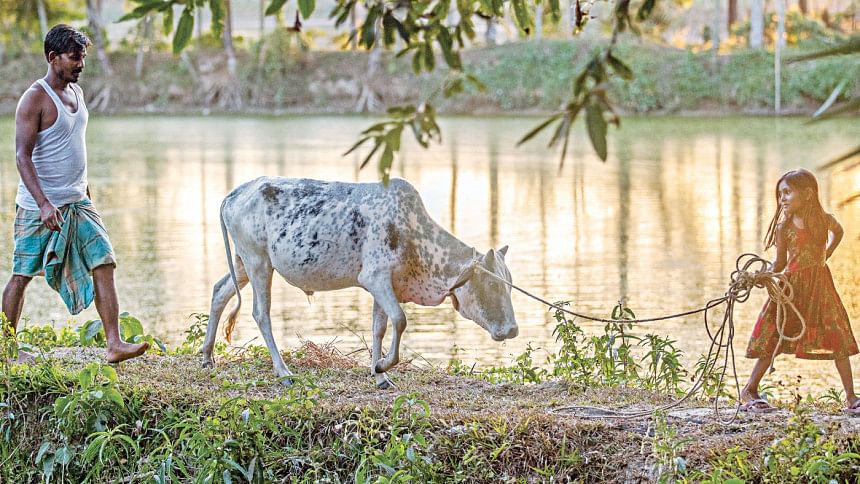
The new buzzword in town is 'inclusive.' It doesn't refer only to gender inclusion; rather, from a more relevant and broader point of view, being inclusive makes us learn about disability inclusion, social and workplace inclusion, and parental inclusion, to name a few.
There are social and religious considerations to be taken into cognizance, about how far you are willing to refract from your stereotypical ideas of a society to embrace the modern norms about social inclusion.
From being a caring father to embracing differences to being informed about mental well-being, you are now much more diversified and considerate of accommodating people or ideologies that were not normally common for you earlier on.
Let's not dwell on diverse inclusion that much, but focus on how today's men have redefined masculinity and their role in the societal framework of a family.
One thing I must compliment Dhaka's men (also men from other cities) on is how they are breaking free from the traditional mold of the disciplinarian, strict, recluse family man to a more friendly, easily approachable, inclusive father and hands-on husband.
Today's men are not shy to change diapers, cook dinners, or communicate with their families. They are not expected to only focus on career and financial stability, while women concentrate on domestic duties and child-rearing only. Instead, they are encouraged to make a father-inclusive family.
It is exactly to celebrate this "inclusive fatherhood" that the Embassy of Sweden in Bangladesh, in collaboration with UNDP, UNFPA, and UN Women, is launching a photography exhibition titled "Bangladeshi and Swedish Baba" at Gulshan Lake Park on December 12.
Sumon Jacob D'Costa, school secretary of Sunbeams, Middle School, saw an advert on the Swedish Embassy page about a competition based on the diaspora of bringing the "Swedish Dads" concept to Bangladesh. He was inspired to share his version of "Bangladeshi Baba" stories that resonated with the exhibition's criteria to encourage and exchange views on parenting practices, gender equality, and work-life balance with Bangladeshi audiences.
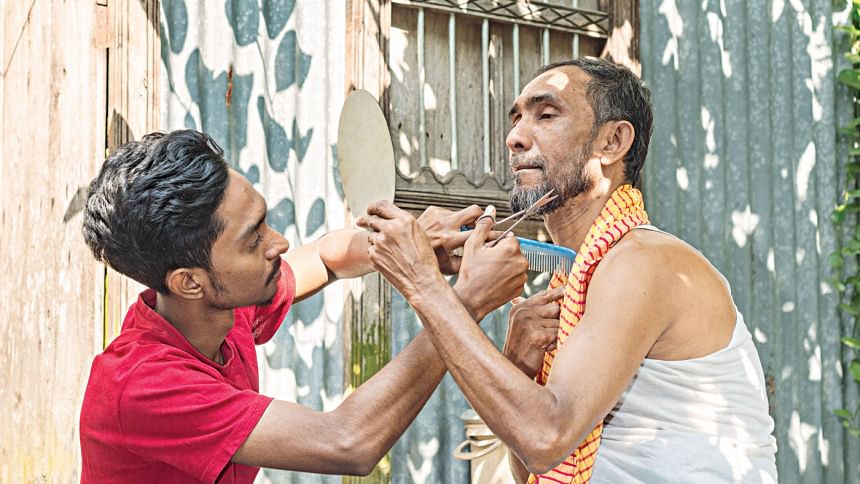
"What makes me a role model is my unwavering dedication to my family and my community. I believe that a father's role extends beyond providing financial support. It involves being present, being involved, and being a positive influence. I strive to be a source of strength, guidance and love for my child, and I hope to inspire others to do the same," he said.
By showcasing stories that challenge traditional perceptions of fatherhood and highlight the positive impacts of engaged fathers, D'Costa thinks that his story is one of the everyday hero, the unsung champion of the family, the father who works to build a better future for their children.
"I believe that a father's role is not merely to provide for his family, but to instil values, foster dreams, and empower the next generation. By instilling a sense of empathy, compassion, and responsibility in my child, I hope to contribute to a more humane and just society."
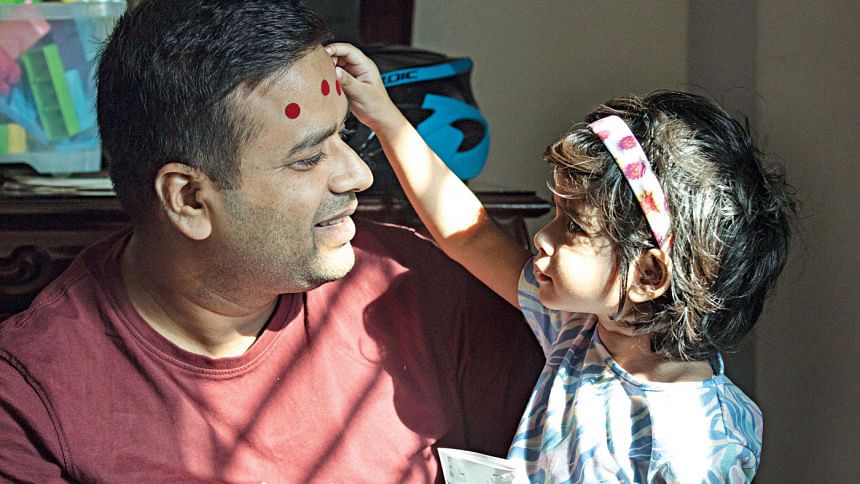
Based on the award-winning work of renowned Swedish photographer Johan Bävman on Swedish Dads, this exhibition showcases powerful visual stories of Bangladeshi fathers that encourage a rethinking of modern fatherhood.
Through a month-long digital competition held by the four agencies, 25 fathers out of 100 submissions were selected based on their photographs and stories of fatherhood.
Photos: Shajib Mahmud, Rayhan Ahamed and Sumon D Costa

 For all latest news, follow The Daily Star's Google News channel.
For all latest news, follow The Daily Star's Google News channel. 

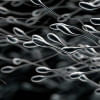
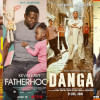
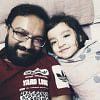

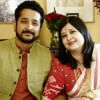


Comments